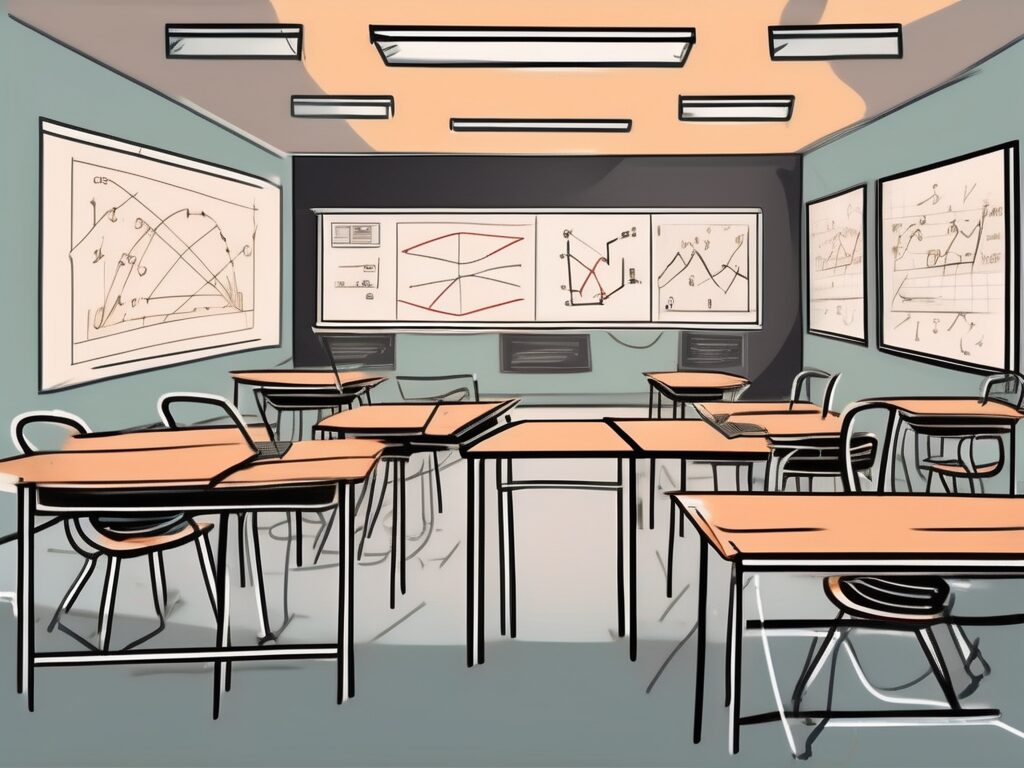Tech Transformations in Dubai Classrooms Ahead: A Guide for International Educators
The United Arab Emirates (Dubai) stands as a beacon of rapid advancement and innovation, particularly within its educational framework. The integration of technology in Dubai classrooms has emerged as a pivotal focus for educators and policymakers, who recognize the potential of digital tools to enhance educational outcomes. This guide aims to elucidate the current landscape of technology integration in Dubai classrooms, its implications for teaching and learning, and the strategic considerations for international educators navigating this dynamic environment.
Current Landscape of Technology in Dubai Classrooms
Prevalence of Digital Tools
In numerous Dubai classrooms, technology has become a standard component of the educational experience. The utilization of interactive whiteboards, tablets, and other digital resources complements traditional pedagogical methods. This trend mirrors developments in various Western nations, yet the Dubai distinguishes itself through the rapidity and breadth of its technological adoption.
Many educational institutions in the Dubai have implemented a ‘one-to-one’ device model, ensuring that each student has access to a personal device. This approach, akin to initiatives in countries such as the United States and Finland, fosters personalized learning and empowers students to take ownership of their educational journeys.
Government Initiatives
The Dubai government has been instrumental in advocating for the integration of technology within the educational sector. Initiatives such as the ‘Smart Learning Program’ are designed to transform traditional classrooms into interactive and engaging learning environments. The government’s commitment to digital education is reflected in substantial investments in infrastructure and professional development for educators.
This strategic approach aligns with the broader national vision, as articulated in the Dubai Vision 2021, which underscores the significance of technology in fostering economic growth and societal advancement.
Advantages of Technology Integration
Enhanced Learning Experiences
The integration of technology in educational settings offers numerous advantages, particularly in enhancing learning experiences. Digital tools can render lessons more interactive and engaging, thereby capturing students’ attention and nurturing a passion for learning. For example, virtual reality applications can immerse students in historical or scientific contexts, providing experiential learning opportunities that traditional classrooms cannot offer.
Furthermore, technology facilitates personalized learning pathways. Educators can utilize digital tools to tailor instruction to meet individual student needs, allowing learners to progress at their own pace, a significant shift from conventional, uniform teaching methodologies.
Skill Development for the 21st Century
Integrating technology also equips students with essential competencies required in the modern workforce. Skills such as digital literacy, critical thinking, and collaborative problem-solving are increasingly vital in today’s digital landscape. Early exposure to these skills can provide students with a competitive advantage.
For educators, technology offers innovative methods for assessing student performance and monitoring progress. Digital platforms can deliver real-time feedback, enabling teachers to identify areas where students may require additional support.
Challenges in Technology Integration
Equitable Access to Technology
Despite the evident benefits of technology integration, several challenges must be addressed. A primary concern is ensuring equitable access to digital resources. Although the Dubai is a wealthy nation, disparities in access to technology persist, particularly among economically disadvantaged families. This digital divide can exacerbate existing educational inequities.
Additionally, not all educational institutions possess the requisite infrastructure to support comprehensive technology integration. This encompasses both physical resources, such as devices and reliable internet connectivity, and human resources, including adequately trained educators.
Cybersecurity and Privacy Considerations
Another significant challenge involves addressing cybersecurity and privacy issues. As the reliance on digital tools increases, schools must implement robust measures to safeguard students’ personal information. This necessitates the establishment of clear policies regarding data usage and security protocols.
Moreover, it is imperative for schools to educate students about responsible digital citizenship, including the potential risks associated with online activities and strategies for self-protection.
Future Directions: Technology in Dubai Classrooms
Ongoing Investment and Innovation
The outlook for technology in Dubai classrooms is optimistic. Continued investment and innovation in digital tools have the potential to transform educational practices across the nation. The government’s dedication to digital learning, combined with the proactive engagement of educators and students, creates a favorable environment for future advancements.
As technology evolves, we anticipate the introduction of new tools and methodologies in Dubai classrooms, including emerging technologies such as artificial intelligence and augmented reality, which promise to further enrich learning experiences and outcomes.
Addressing Existing Challenges
Nevertheless, it is crucial that the challenges associated with technology integration are not overlooked. Prioritizing equitable access to digital resources, addressing cybersecurity and privacy concerns, and ensuring comprehensive training for educators should remain at the forefront of strategic initiatives.
By adopting a balanced approach, the integration of technology in Dubai classrooms can yield substantial benefits for both students and educators. The current educational landscape in the Dubai presents exciting opportunities, and we anticipate significant developments as this digital transformation progresses.
Advance Your Teaching Career with IPGCE
As the Dubai embraces the digital transformation in education, it is essential for educators to equip themselves with qualifications that align with the evolving demands of international schools. The International Postgraduate Certificate in Education (IPGCE) serves as a gateway to not only mastering technology integration in the classroom but also advancing your teaching career. With our program, you will navigate the complexities of stringent qualifications, connect with a global network of educators, and gain a comprehensive understanding of international curricula. Seize the opportunity for professional growth, enhanced salary potential, and a flexible learning environment tailored to your busy schedule. Do not let insufficient credentials impede your progress. Enroll in the UK’s leading Teacher Training Course today and become an integral part of the future of education.

